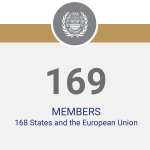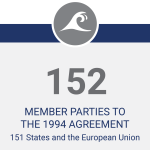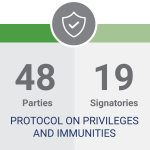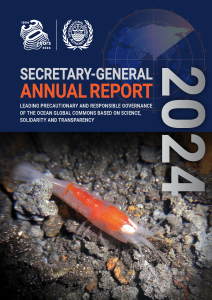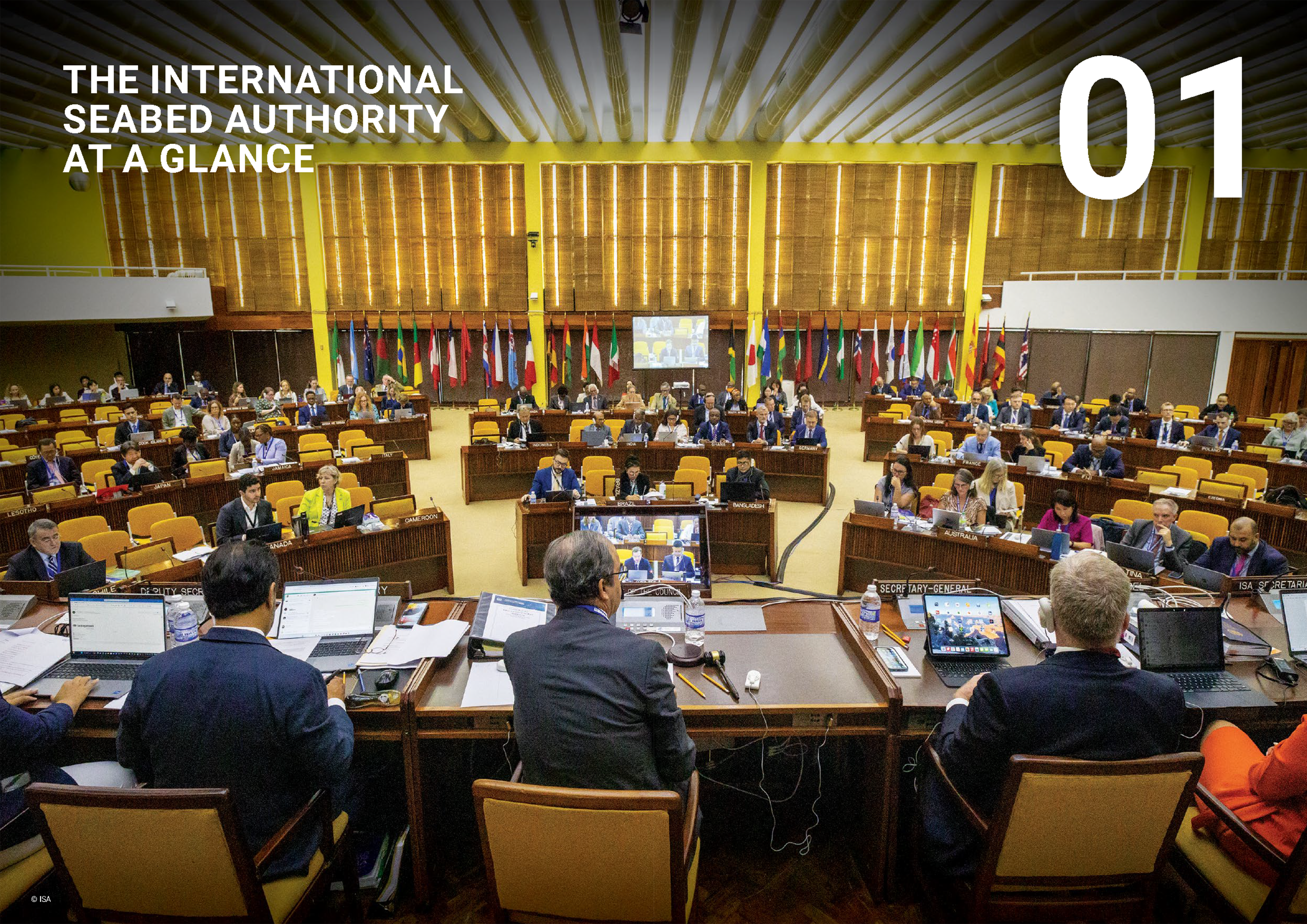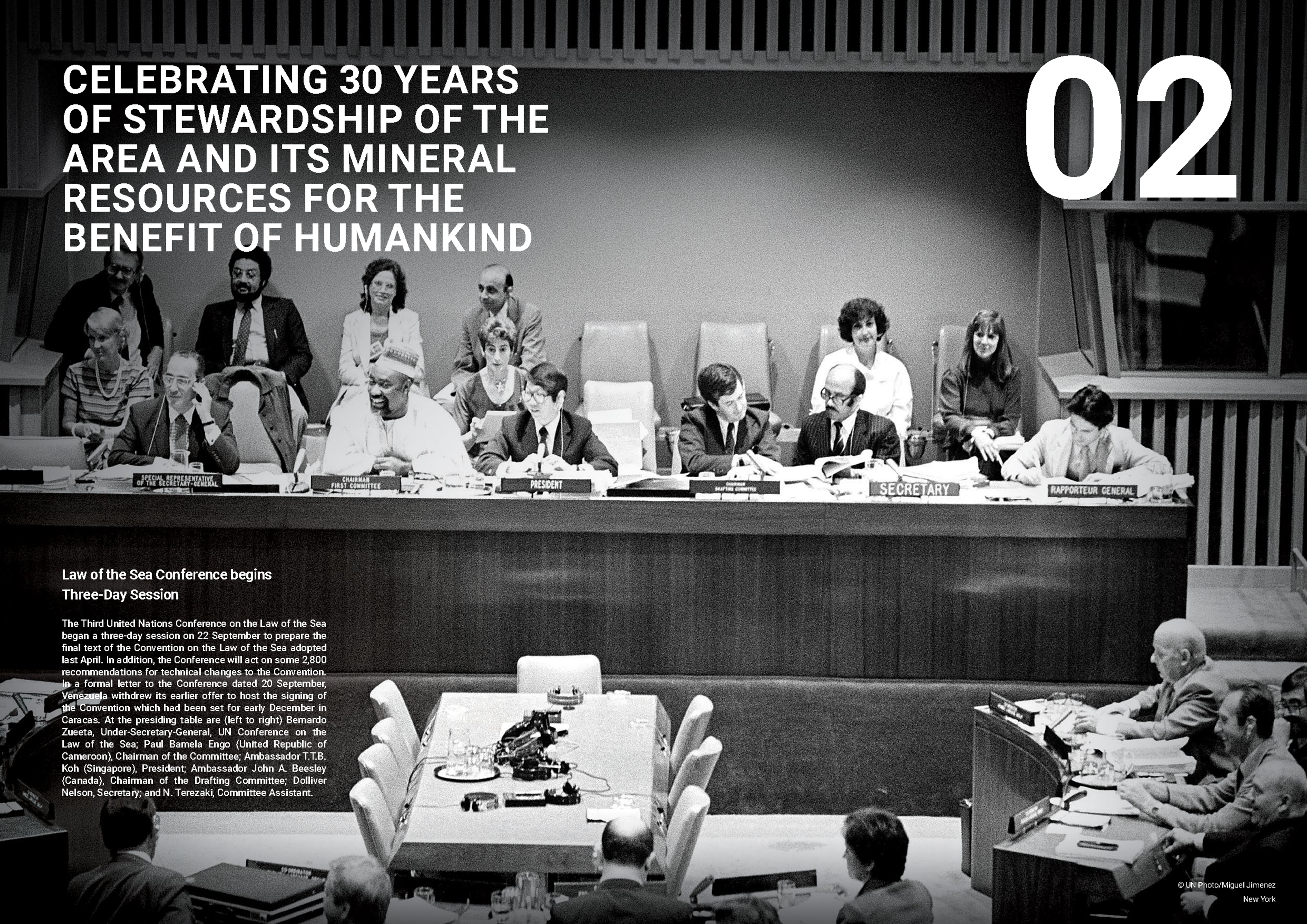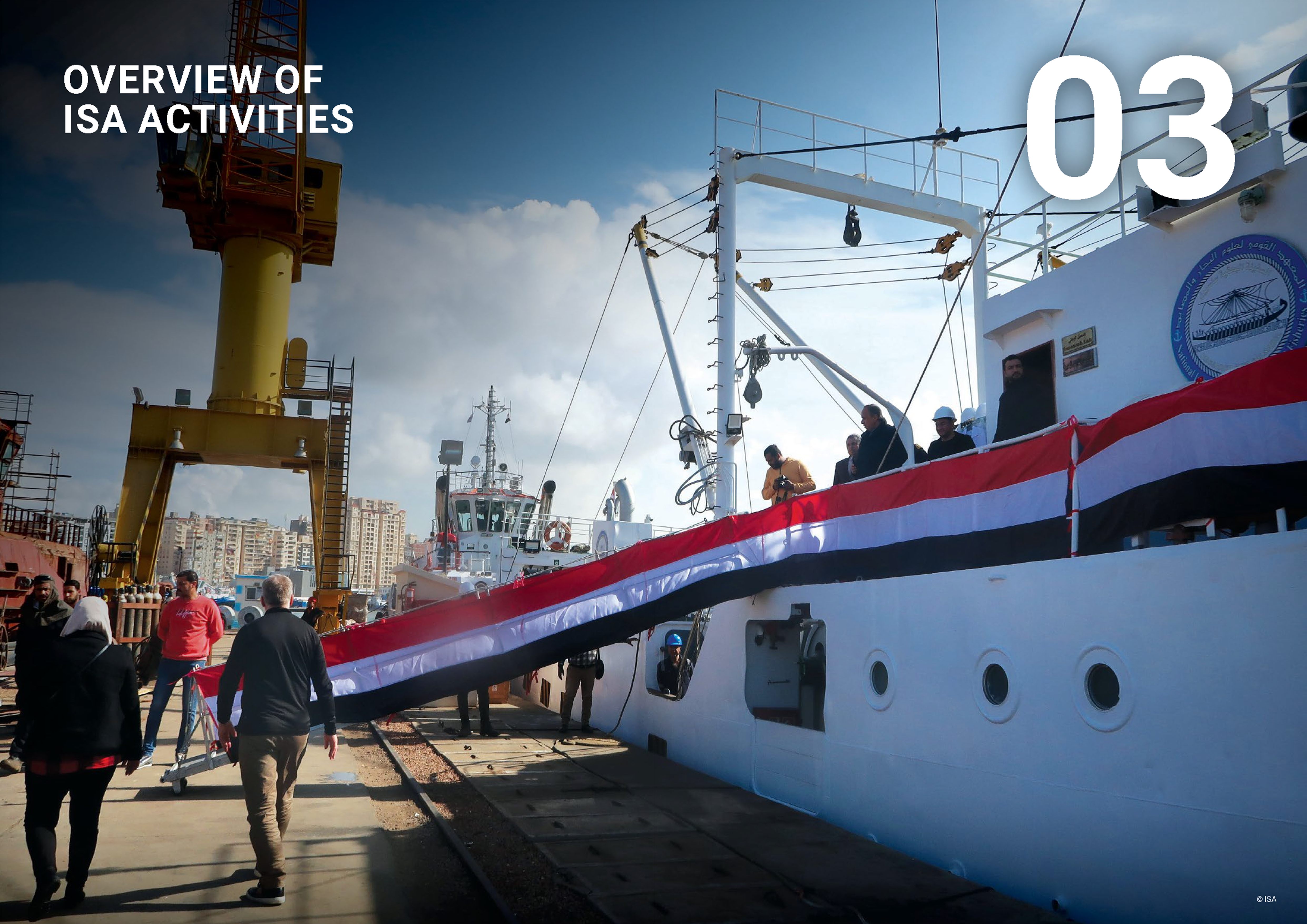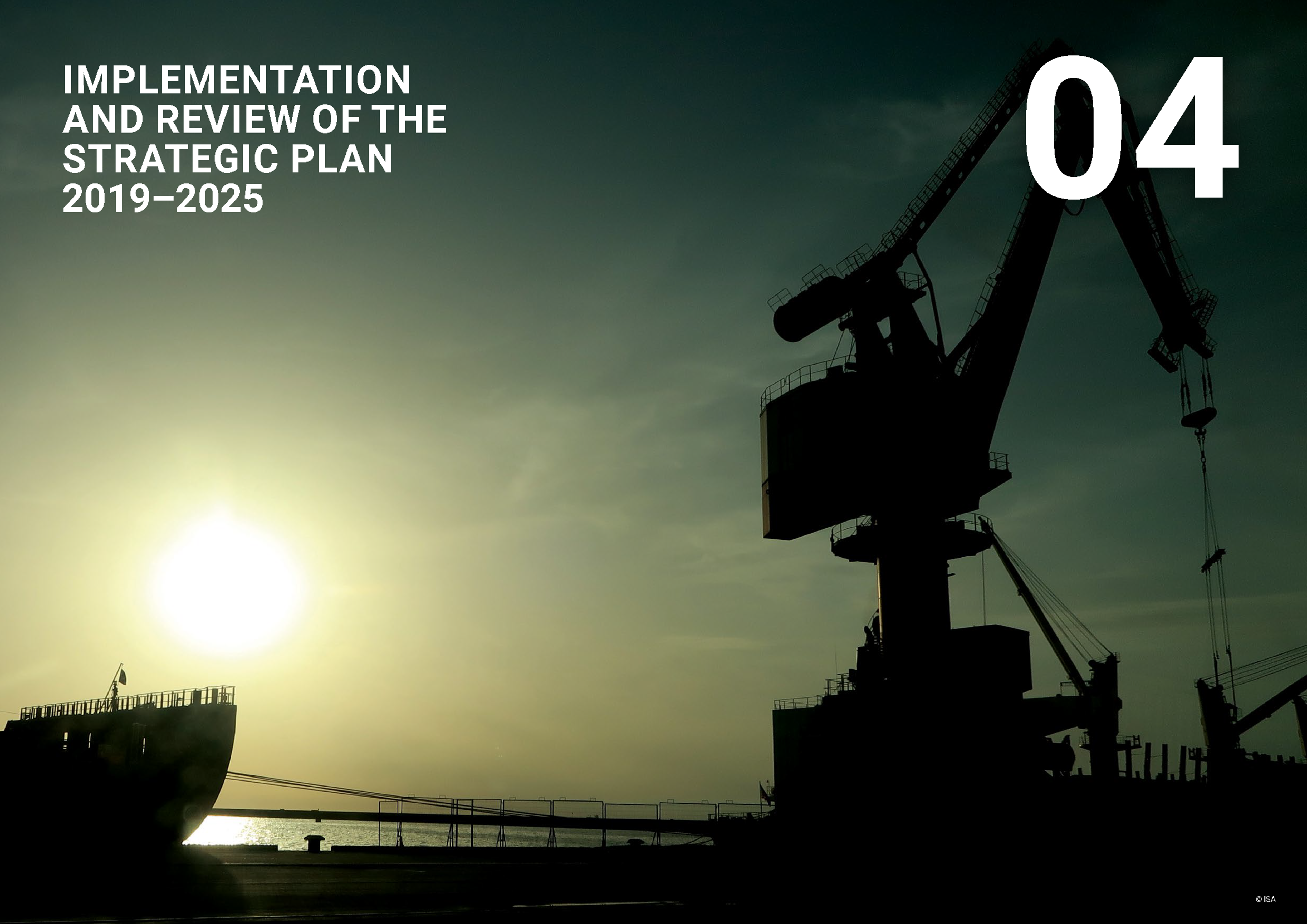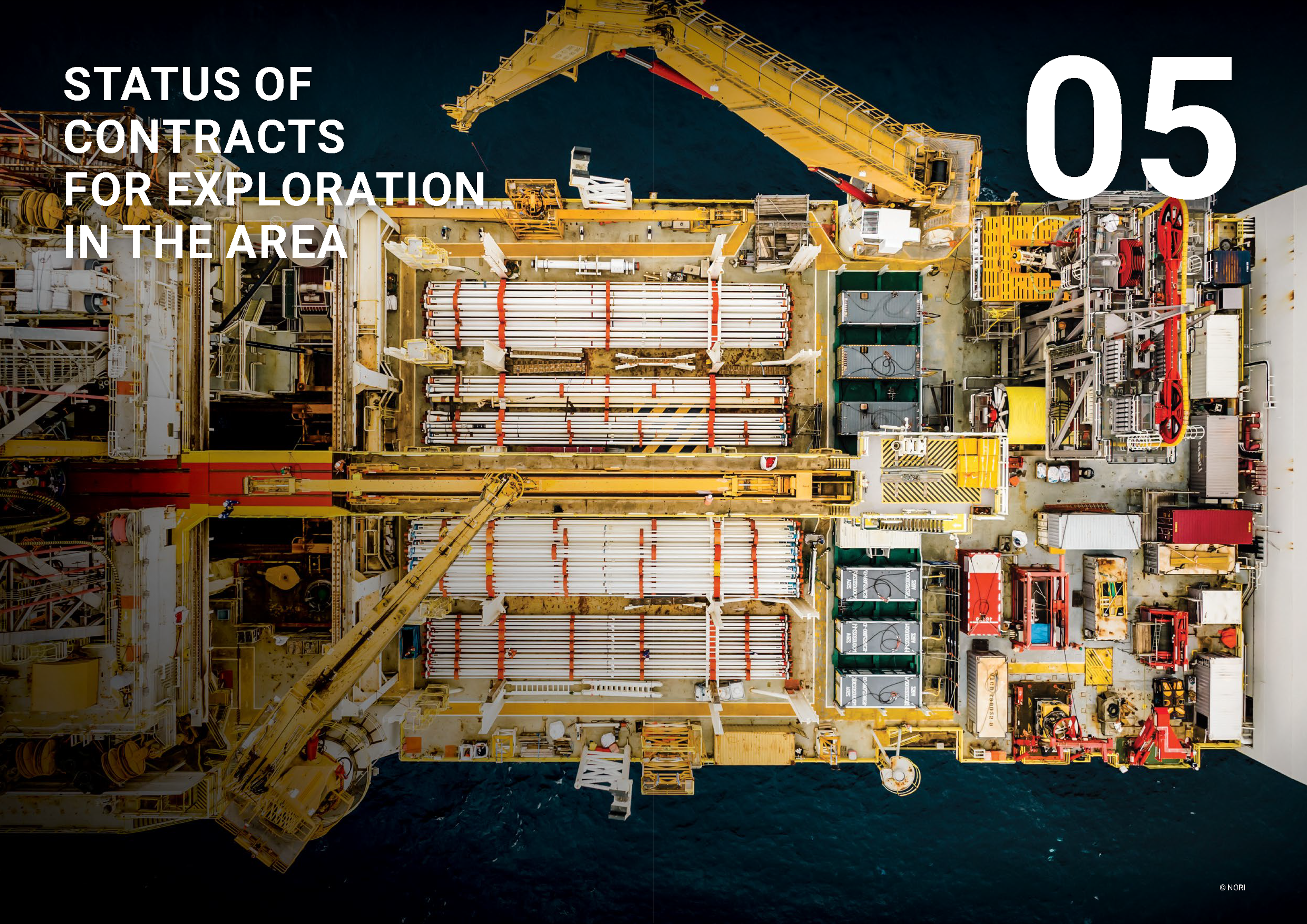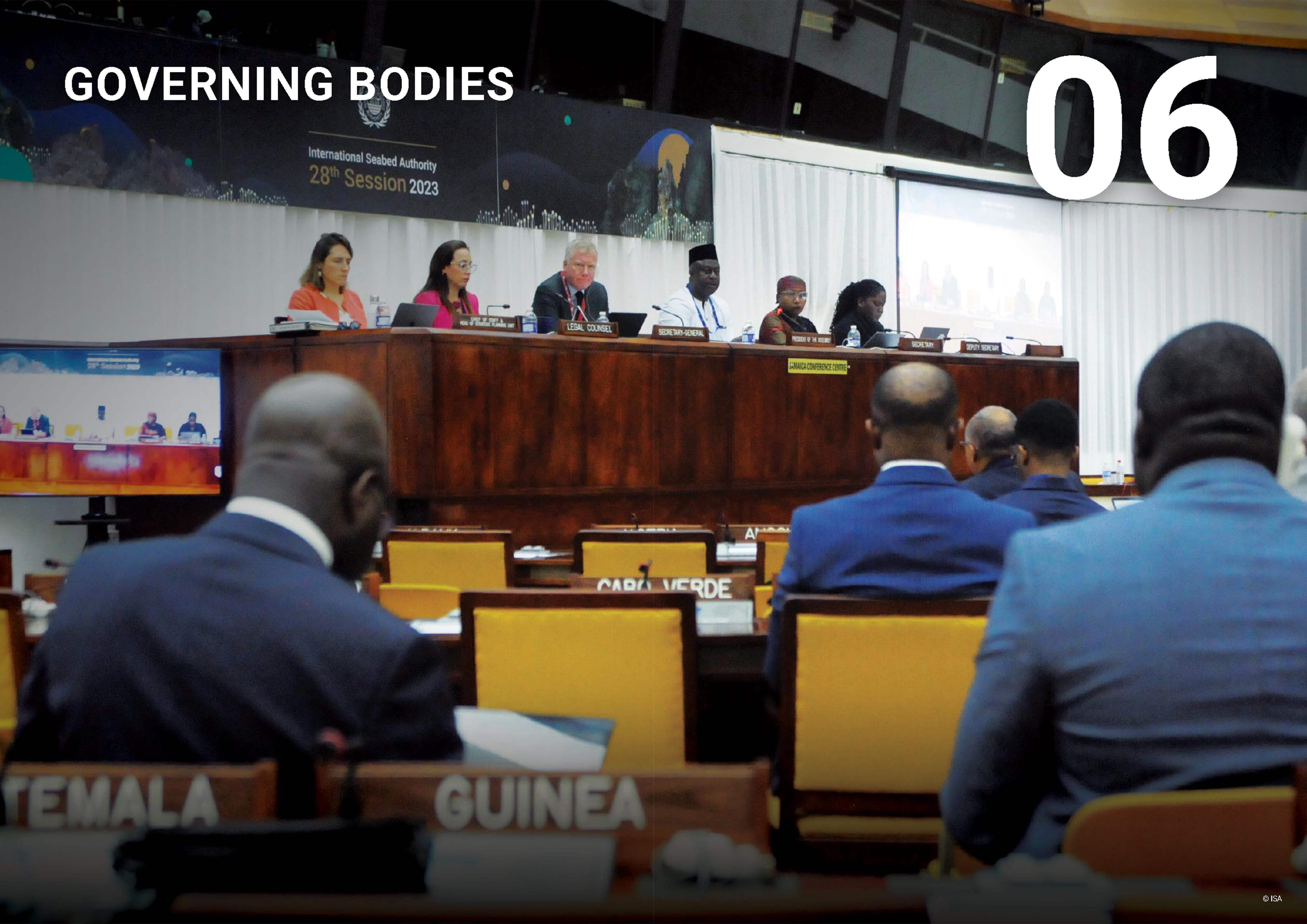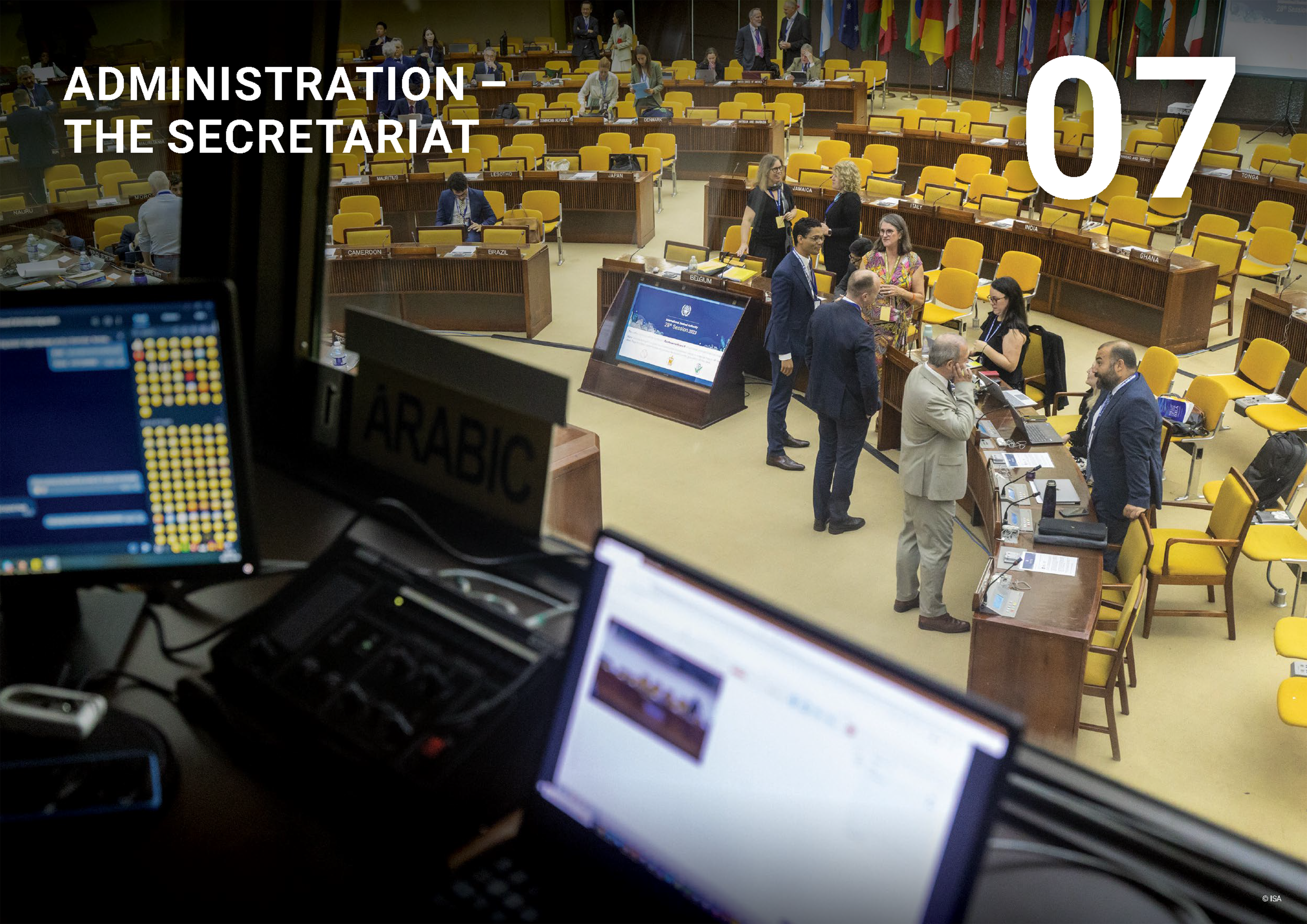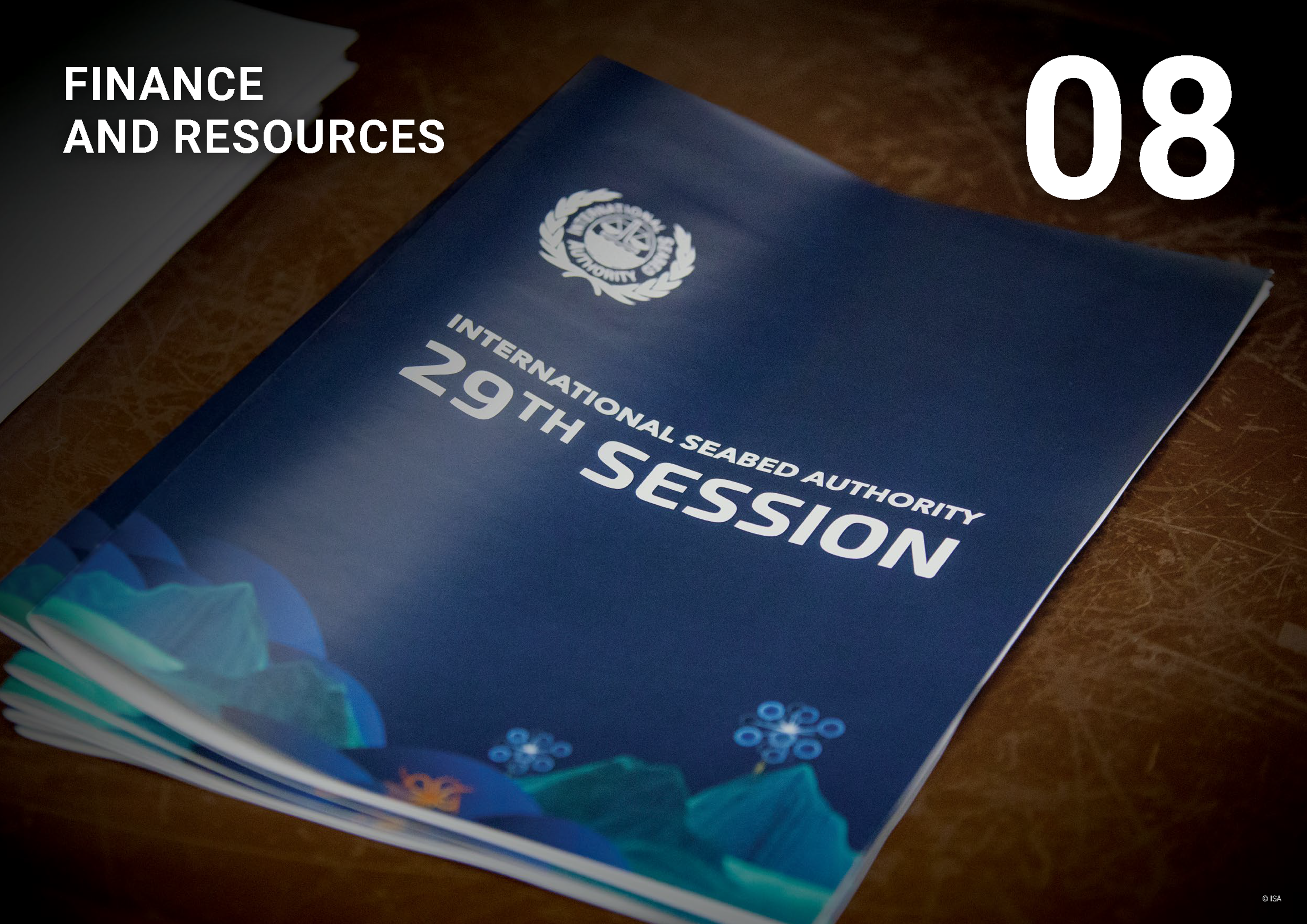
It is with great pleasure that I present the Annual Report of the Secretary-General of the International Seabed Authority (ISA) for 2024. This year’s report presents an overview of the progress achieved in ISA’s ongoing efforts to ensure precautionary and responsible governance of the Area as a global common, based on principles of solidarity, equity, science and transparency.
A particularly noteworthy development this year was the historic decision adopted by the Council and the Assembly to embark upon the process of full operationalization of the Enterprise, consistent with the evolutionary approach enshrined in the 1994 Agreement. This is an institutional development of major importance and an important step towards achieving the active participation of developing States in all activities to be carried out in the Area.
The past year has also seen important progress made in the development of the draft exploitation regulations. This is especially reflected in the renewed commitment by the Council to progress further towards the completion of the adoption of the rules, regulations and procedures relating to exploitation of the minerals of the Area. ISA’s commitment to transparency, inclusivity and scientific rigour throughout this process demonstrates the dedication of its Member States to a balanced approach that respects both the imperatives for environmental protection and equitable economic development that will, ultimately, ensure that the resources of the Area can be used sustainably for the benefit of all humanity. The Secretariat has been, and remains, fully committed to supporting Member States in this endeavour.
Secretary-General, ISA
About this report
The Secretary-General Annual Report is presented in two parts. A first part (ISBA/29/A/2) has been published as an official document of the Assembly and reports on the status of UNCLOS and related legal instruments, the status of contributions to the budget of ISA and the status of the Area. The report also summarizes the outcomes of the previous session of ISA. This first part also contains a review of the status of implementation of ISA Strategic Plan 2019-2023, its related performance indicators and the status of the high-level actions and associated outputs assigned to the secretariat under the ISA High-Level Action Plan, adopted by the Assembly in 2019.
The second part of this report has been issued in a graphical format and is subtitled “Leveraging precautionary and responsible ocean governance of the ocean global commons based on science, solidarity and transparency”. It documents all the activities of ISA between July 2023 and June 2024. The graphical report will be available in the working languages of ISA: English and French.
ISBA/29/A/2 and the graphical report should be read together.
ISA at a glance
The International Seabed Authority (ISA) is an autonomous international organization that was established in 1982 under the United Nations Convention on the Law of the Sea (UNCLOS) and the subsequent Agreement relating to the implementation of Part XI of UNCLOS (1994 Agreement).
UNCLOS set aside the Area, defined as the seabed and ocean floor and subsoil thereof beyond the limits of national jurisdiction, and its mineral resources as the common heritage of humankind.
Under UNCLOS and the 1994 Agreement, ISA is designated as the organization through which States Parties to UNCLOS organize and control mineral resources-related activities in the Area. ISA has the exclusive mandate to manage the Area and its mineral resources for the benefit of humankind on the basis of the principles set out in UNCLOS and the 1994 Agreement.
In pursuance of this exclusive mandate, the responsibilities and associated competences assigned to ISA by UNCLOS and the 1994 Agreement include to:
- regulate the conduct of all activities of exploration for and exploitation of deep-sea minerals in the Area, including taking necessary measures to ensure effective protection of the marine environment from harmful effects that may arise from such activities and ensuring the equitable sharing of financial and other economic benefits derived from activities in the Area (UNCLOS, Article 145)
- promote and encourage marine scientific research (MSR) concerning the Area and its resources, as well as coordinate and disseminate the results of research and analysis when available, with particular emphasis on research related to the environmental impact of
activities in the Area (UNCLOS, Article 143 (2)) - organize the transfer of technology and build the capacity of developing States and technologically less advanced States (UNCLOS, Article 144)
- distribute to States Parties payments or contributions in-kind derived from the exploitation of non-living resources of the continental shelf beyond 200 nautical miles (UNCLOS, Article 82 (4)).
